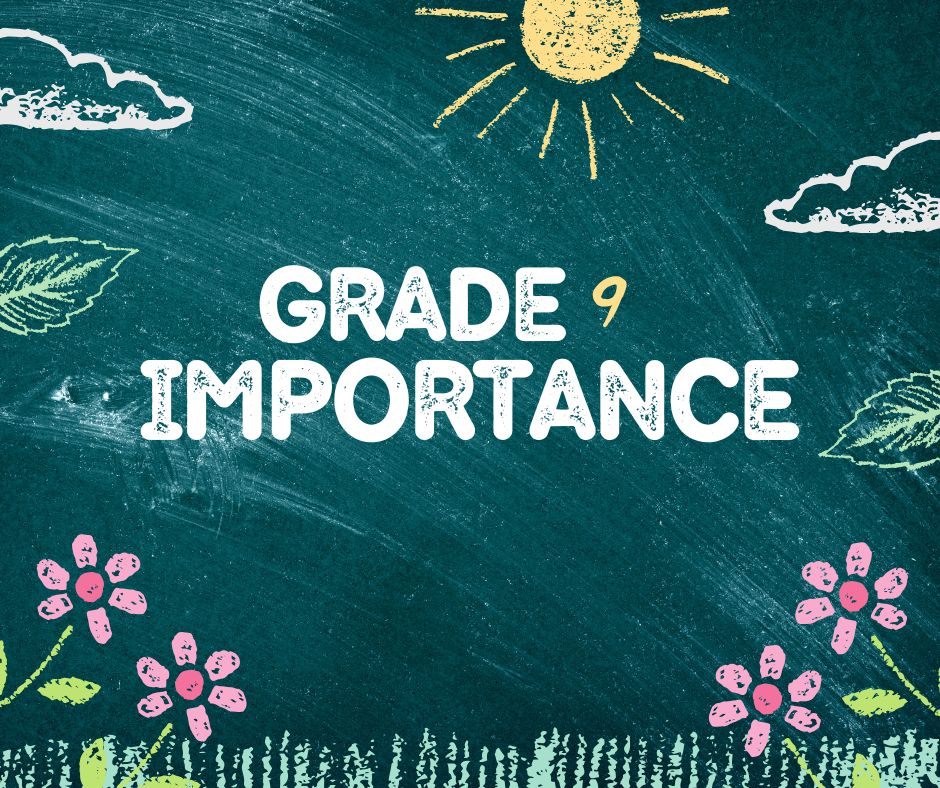
Grade 9 is the first year of high school, and math takes on a more structured and demanding form compared to earlier grades. Students begin to explore algebra more deeply, work with linear relations, and apply mathematical reasoning to real-world problems.
Strong performance in Grade 9 math is important because:
- It sets the tone for the rest of high school.
- It prepares students for Grade 10 math, which is a prerequisite for many higher-level courses.
- It influences pathways into advanced math, science, or technology fields.
- Confidence in math boosts overall academic motivation.
Common Challenges Students Face in Grade 9 Math
Even strong students from middle school may struggle in their first year of high school math. Some common challenges include:
- Adjusting to a faster pace: Lessons move quickly, with less time spent on review.
- Transitioning from arithmetic to abstract math: Algebra and functions require a different way of thinking.
- Balancing workload: Students are also adapting to new subjects, schedules, and expectations.
- Math anxiety: Feeling “behind” in Grade 9 can create stress that lasts through high school.
How Parents Can Help Their Child Prepare for Grade 9 Math
1. Review Key Concepts from Grade 8
Before starting high school, it’s a good idea to review topics like:
- Fractions, decimals, and percentages
- Ratio and proportion
- Order of operations (BEDMAS)
- Basic algebra (solving simple equations)
- Graphing points on the Cartesian plane
Strengthening these fundamentals ensures students won’t feel lost when new topics build on them.
2. Build Strong Study Habits Early
Success in high school isn’t just about knowing math—it’s about how students approach learning. Encourage:
- Setting aside dedicated homework time.
- Breaking larger assignments into smaller tasks.
- Asking questions in class when concepts aren’t clear.
- Practicing problems consistently, not just before tests.
3. Use Practice Resources and Online Tools
There are many free and affordable resources available for Ontario students, including:
- Online worksheets and interactive math games.
- Ontario math curriculum guides from the Ministry of Education.
- YouTube channels that explain high school math concepts step by step.
A combination of school resources and independent practice makes learning more engaging.
4. Encourage a Positive Mindset
Many students enter high school thinking, “I’m just not good at math.” Remind your child that math is a skill, not a talent—anyone can improve with practice and persistence. Encourage effort, celebrate small wins, and emphasize progress over perfection.
5. Consider Tutoring for Extra Support
Sometimes, even the most motivated students need additional help. That’s where tutoring becomes invaluable. A qualified tutor can:
- Identify gaps in knowledge from earlier grades.
- Teach concepts in a way that makes sense to the student.
- Provide personalized practice and test preparation.
- Boost confidence before exams.
Local math tutors are familiar with Ontario’s curriculum and can provide support tailored to your child’s needs. Whether it’s one-on-one sessions or small group classes, tutoring can make the transition into Grade 9 math much less stressful.
Final Thoughts
Preparing for Grade 9 math is about more than just memorizing formulas—it’s about setting the foundation for a strong high school experience. By reviewing Grade 8 concepts, building study habits, using resources, fostering a positive attitude, and considering tutoring support in Aurora, Richmond Hill, or Newmarket, students can start their high school journey with confidence.
With the right preparation, your child won’t just survive Grade 9 math—they’ll thrive in it.
[mc4wp_form id="8"]


